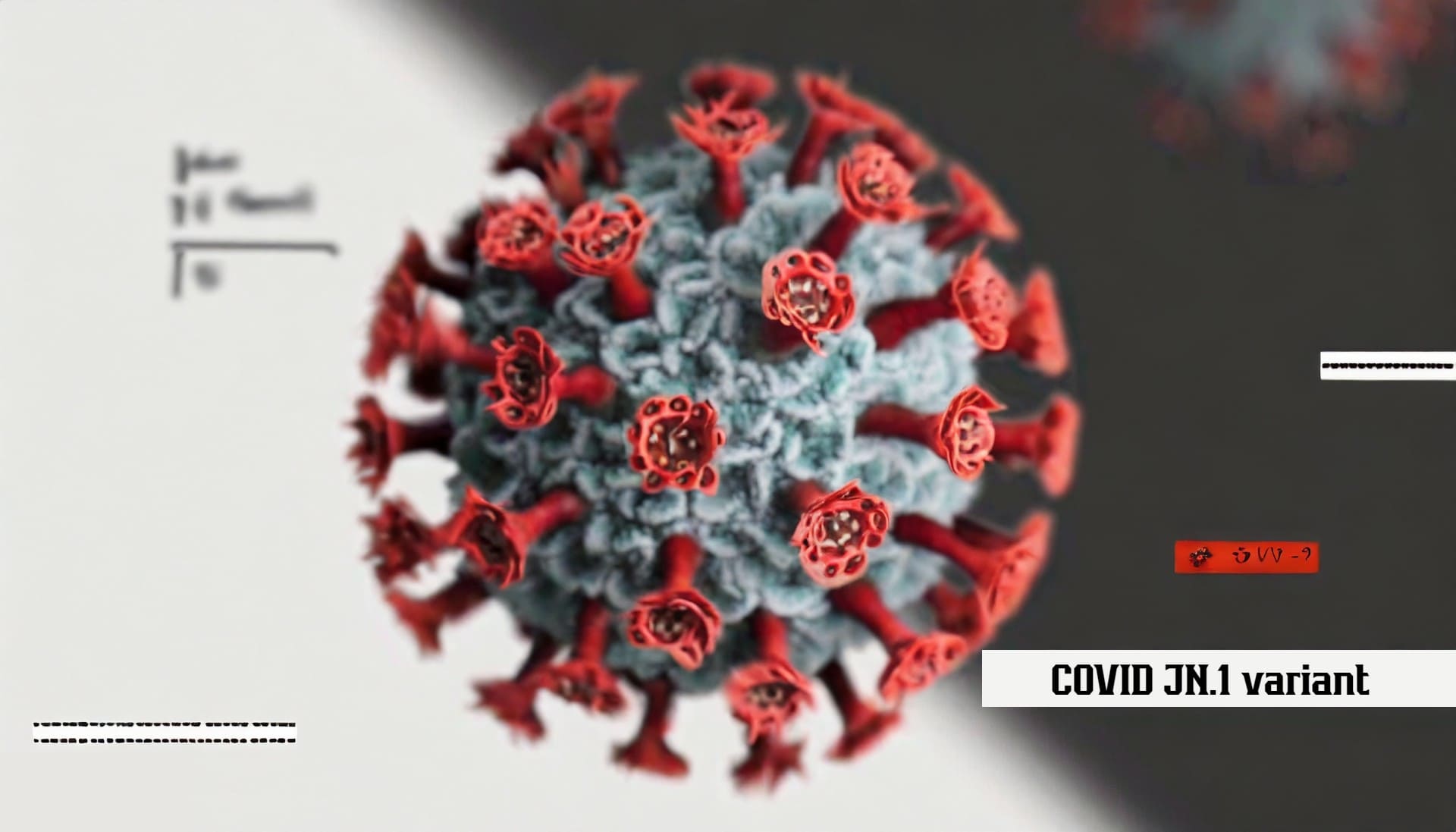Research Data Retention and Storage

You've finished your research project, written your articles for publication, delivered your presentations, and shared your findings. You might be debating at this stage whether to keep your research files and whether to delete the data associated with your study.
There isn't a single correct response to this question, as it can vary depending on your research institution, governmental regulations, and specific publishing needs. But it's impossible to overstate the significance of data storage in research. It's crucial that you comprehend the conditions and guidelines for the storage of your research data.
In this post, we'll go through the fundamentals of data deletion and record retention in research as well as some real-world examples of bad data storage and retention practices. We'll also discuss any suggestions or requirements that your school might have, as well as government regulations.
Data Storage for Research
What should you do with the data and research materials once your study is finished?
Regarding how long you should maintain research data and records, there are many different rules and guidelines, but generally speaking, you should keep things for as long as you can. Regulations in most countries, for instance, mandate that data and research documents be kept for a minimum of three years after the research is finished.
A lengthier retention period may be required by some institutions, and particular specialties may have even longer retention requirements. All of this should ideally be taken into account before you start your research assignment.
Also, sponsors and funders may have various specifications. As a result, it is crucial for the main investigator to be aware of the standards related to your field of study, the institution, publisher, sponsor, and federal regulations. A safe practice is to keep data on hand for as long as is practical, or until it is extremely improbable that you will need to defend your study or yourself from any potential claims of misconduct related to your work.
Data Storage and Security for Electronic and Physical Copies
Retaining records used to include saving countless boxes of paperwork, authorisation forms, and other documents. Fortunately, the work is now a lot simpler thanks to electronic data storage.
Digital storage has many advantages, but it also carries a lot of responsibilities.
- It can be more challenging in certain aspects because protecting electronic data is considerably harder. Whether the data is being saved on your personal computer, in the cloud, or some other sort of storage, there are methods available to ensure its security.
- It can be disastrous for everyone participating in the study endeavour if private information, such as names, health information, and private contact information, ends up getting lost, stolen, or hacked.
- The funding organisations, research institutes, research participants, and project publishers who have supported your study could all suffer as a result of that circumstance. Also, the research endeavour itself will undoubtedly suffer as a result of the data loss.
Despite the availability of electronic storage, many research study materials, such as paper surveys, writing samples, research journals, and paper notes, may still be hard copies.
- All research data, whether in hard copy or electronic form, must be stored so that only people with permission and authorisation to access such materials can access them.
- Paper copies ought to be secured with a lock and a single key in a filing cabinet. Access to electronic data should only be made possible with encrypted, frequently-changing passwords.
- When being transferred to electronic data storage, written hard-copy data should be deleted and any identifying information, such as names and addresses, should be eliminated.
Insufficient data retention and storage in research
Data storage, retention, and disposal are deeply moral and ethical issues. Around any and all of these regrettable events, there have been well-publicized instances of researchers receiving misconduct citations. For instance, a researcher losing a laptop that had the only copy of critical and unprotected research material, or a principal investigator failing to restrict access to private health information.
- Storing data for too long is one of the most frequent errors. Researchers and research organisations could mistakenly believe that keeping data around longer than necessary for legal reasons is "safer" than deleting it. Poor data storage, however, can also relate to keeping data around longer than necessary.
- The longer data is kept, the higher the risk of security breaches. It can also refer to excessively raising the load on the research organisation to safeguard data access and security.
- Implementing a data storage policy that takes legal obligations into account in a manner that is responsible, moral, and reasonable is the best course of action.
- Once more, this is best done in advance of the start of the research, and in the end, it is the principal investigator's responsibility to determine whether extended storage is necessary, considering the associated advantages and hazards of maintaining data related to a research endeavour.
Conclusion
Keeping your research data safe is of utmost importance and care should be taken to safeguard data by all means. IJPS is an open access peer-reviewed International journal in Pharmaceutical Sciences. Contact us to publish your pharmaceutical research work. We would love to help you in every way possible in publishing you work.






